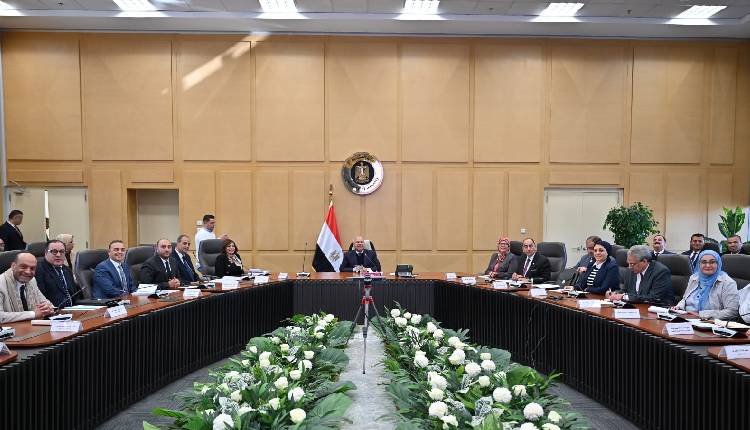Kamel El-Wazir, Egypt’s Deputy Prime Minister for Industrial Development, held on Monday a comprehensive meeting with representatives from 35 industrial investment companies to explore opportunities for collaboration in the management, operation, and development of 43 vocational training centres. These centres, located across 18 governorates, are part of the Productivity and Vocational Training Department.
Deputy Prime Minister El-Wazir stressed that the meeting was an integral part of the ministry’s strategic plan to strengthen Egypt’s industrial sector, with a particular focus on its sixth pillar: workforce training and qualification.
The goal of this initiative is to enhance the skills and professionalism of the workforce, thereby improving the quality of locally produced goods and boosting their competitiveness in export markets, which will help attract foreign currency.
He emphasised the critical role of the private sector in managing and operating these centres. Private investors would be tasked with upgrading the facilities and curricula to ensure that graduates are well-equipped to work in both domestic and international industries.
During the meeting, Deputy Prime Minister El-Wazir also reviewed the locations and available resources of the vocational training centres and discussed the mechanisms through which the private sector could participate in their management. He pointed to successful examples of private sector involvement in vocational education, such as Sewedy, Ghabbour, El Araby, and WE schools, as models to follow.
Plans for the initiative include modernising curricula, establishing new centres in emerging industrial zones, and equipping them with specialised workshops, computer labs, language labs, and libraries to deliver comprehensive training programmes.
The ultimate aim is to produce highly skilled technical workers in demand by factories and to upgrade the facilities of existing industrial training sites, ensuring success in education, training, and production.
Attribution: Amwal Al Ghad English
Subediting: Y.Yasser


